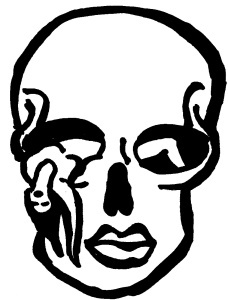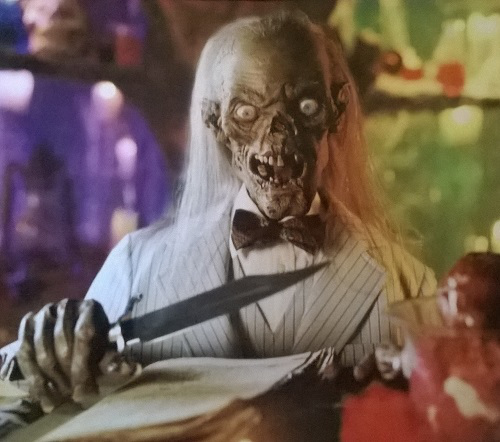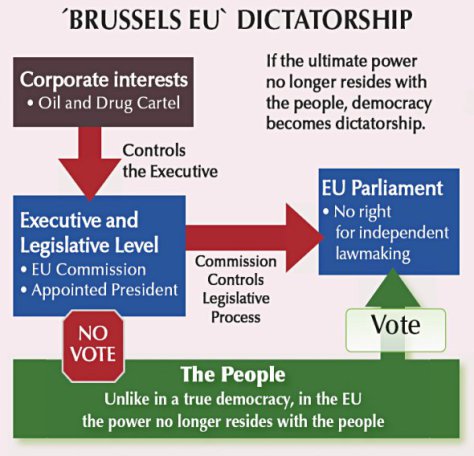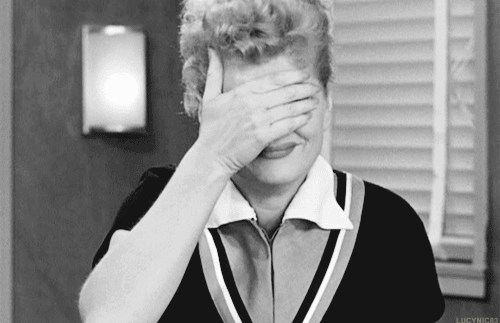This was originally posted on Swampflix.com as part of that site’s “Movie of the Month” feature, in which one contributor makes the rest of the crew watch a movie they’ve never seen before, and the staff discusses it afterwards. This article was published as a follow-up to the discussion of MotM The Psychic on August 6, 2017.
 When The Psychic was released in the U.S. in 1979, there were immediate accusations of plagiarism, citing elements that the film supposedly stole from 1978’s Eyes of Laura Mars, directed by Irvin Kershner and based on the first mainstream Hollywood screenplay by up-and-comer John Carpenter, whose Halloween debuted later that year. What most audiences didn’t realize was that The Psychic actually came first, having been released in Italy in 1977. One can hardly blame them for this mistake, however, given the notable plot points that both films share.
When The Psychic was released in the U.S. in 1979, there were immediate accusations of plagiarism, citing elements that the film supposedly stole from 1978’s Eyes of Laura Mars, directed by Irvin Kershner and based on the first mainstream Hollywood screenplay by up-and-comer John Carpenter, whose Halloween debuted later that year. What most audiences didn’t realize was that The Psychic actually came first, having been released in Italy in 1977. One can hardly blame them for this mistake, however, given the notable plot points that both films share.
Faye Dunaway stars as the title character, a controversial fashion photographer whose violent, erotic, and violently eroticized work over the past two years has caught the attention of Lieutenant John Neville, a detective in pursuit of a serial killer; some of Laura’s tableaux are virtually identical to unpublished crime scene photos, which raises suspicions. Further heightening the issue at hand is that the night before the release of a book of her photos, Laura experiences a psychic vision of the murder of one of her friends from the point of view of the killer; at the launch, she learns from Neville that said friend has really been killed.
Laura, like Virginia in The Psychic, is aided in her endeavors by a chaste male companion, her friend and agent Donald Phelps (a pre-Deep Space Nine Rene Auberjonois); unlike Luca, however, Donald is explicitly coded gay both in his profession and his affinity for effeminate bathrobes. But who could be the killer? Is it Donald, or perhaps Tommy Ludlow (Brad Dourif), Laura’s driver with a criminal past? Could it be Laura’s ex-husband Michael (Raúl Juliá), an unrepentant drunk and serial abuser, who does nothing to hide his jealousy over Laura’s successful artistic career in comparison to his failures as a writer? Or someone else altogether?
Above and beyond the nominal connections that arise from having a woman experience psychic visions of death, Eyes of Laura Mars is also notable in that it is often considered to be the first (and perhaps only) successful attempt at making a giallo film in the U.S. All the trappings are there: the bleakness of the city, the untrustworthy associates of the lead, the brutality of the violence and the P.O.V. shots of the killer. Like many Dario Argento protagonists, Laura is an artist who happens to get caught up in a killing spree outside of her control, and like many of his antagonists, the killer (once unmasked) has a tragic and traumatic backstory that is used as self-justification for homicidal violence. There are even elements of Argento’s work that are pre-saged here; the sudden reappearance of Laura’s ex-husband as a mysterious figure and suspect is like the reappearance of the lead’s wife in Tenebrae, which came out four years later; Brad Dourif appears as a red herring, just as he did in 1993’s Trauma; even the overt campiness of Auberjonois’s character recalls the appearance of Carlo’s lover in Profondo rosso (although that film appeared a few years before Laura Mars or The Psychic).
All in all, however, The Psychic is by far the better film. Although Faye Dunaway’s magnetic performance outpaces Jennifer O’Neill’s, and there’s a vitality to other performances, like Dourif’s and Auberjonois’s, that Fulci’s film lacks, Eyes of Laura Mars simply fails to hold interest all the way to the end. On a sequence-by-sequence basis, Mars is simply too uneven, varying broadly from the impressive and delightful scene of Laura’s Times Square photo shoot to the banal, vaseline-lensed blossoming love story between Dunaway and Jones. It has a strong start, what with Laura attending her book party and being harassed by a reporter about whether she feels her work is exploitative and damaging to women, and there are more scenes that stand out for their cinematic eloquence than in The Psychic, but I rarely felt like Laura was in any real danger. Both she and Virginia are forced into an observational role relative to their psychic visions, but Virginia never stops seeking the truth, while Laura drags her feet. She’s simply not the psychic detective we deserve.
Advertisements Share this:




